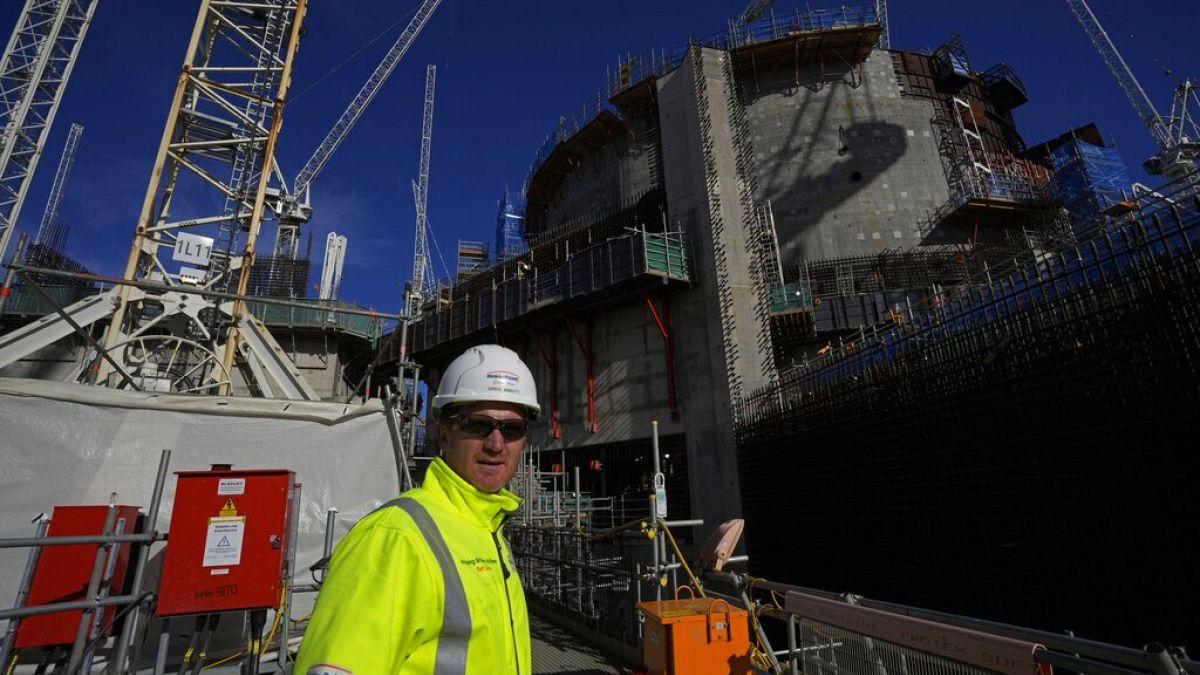The closure of nuclear power stations still in service, delays in the delivery of French-built Hinkley Point C and rising energy demands because of net zero means the UK will be facing a "crunch point" around 2028, a report claims.
Britain is at risk of blackouts within the next four years as a result of a "perfect storm", according to a report from research group Public First.
The closure of nuclear power stations still in service, delays in the delivery of French-built Hinkley Point C and rising energy demands because of net zero means the UK will be facing a "crunch point" around 2028, claims the report entitled: Mind the Gap: Exploring Britain's Energy Crunch.
Millions of homes potentially at risk
The report believes UK demand for power will go beyond baseload capacity by 7.5GW at peak times by 2028. That would leave a shortfall equivalent to the power used by more than seven million homes.
The timeline ties in with the decommissioning of Hartlepool and Heysham 1 nuclear power plans in March 2026 and Heysham II and Torness in March 2028. The UK's last remaining coal-fired power station, Ratcliffe-on-Soar, is due to close this year.
As the UK looks to move away from fossil fuels in its bid to become carbon neutral by 2050, the country will be needing more electricity to fuel its ambitions, which include more electric vehicles and heat pumps for properties.
Britain and France are currently quarrelling over who should pay for the rising costs of the Hinkley Point C plant. It was originally expected to cost £18bn but that has now risen to £46bn, the equivalent of £700 per person in the UK. It was also expected to be operational by 2025 but its start date has been put back to 2029 at the earliest with suggestions that it won't be ready until at least 2031.
France's state-owned EDF, the company building the Somerset plant, wants the UK to share in the costs of the overspend while the British government insists the development must be privately funded.
Not too late to set things right
In its conclusion, the report said: "Our analysis highlights that delays in bringing new projects online in nuclear and offshore wind, as well as uncertainty around government support for biomass generators post-2027, could have a tangible impact on our ability to keep the lights on.
"This has implications for the achievability of political targets for both major parties. This trajectory is not set. Policymakers can mitigate crunch points for a secure power system - but any decision must be politically and technically feasible."
The report was commissioned on behalf of Drax Power, the owner of a power station that once burned coal. It is government subsidies because it burns wood chips from what are described as sustainable forests in North America.
However, Drax faced accusations from Canadian environmentalists last year that its wood chips did not come from "sustainable" forests but from ancient woodland.
Drax's subsidies come to an end in 2027 but it is hoping the British government will continue to support it.



